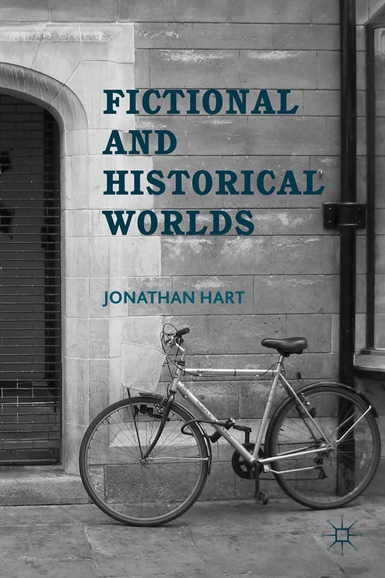Fictional and Historical Worlds

Professor of English and Film Studies Jonathan Hart, University of Alberta explores many questions in his published comparative literature study, Fictional and Historical Worlds. Hart thinks that novels such as Miguel de Cervantes’s Don Quixote, John Steinbeck’s East of Eden and Leo Tolstoy’s War and Peace are pathways to different worlds, but how fictional stories do in Chinua Achebe’s Things Fall Apart and Lu Xun’s A Madman's Diary, or inOmar Khayyám’s poems in The Rubáiyát of Omar Khayyám, help us better understand ourselves. Hart says literature has the power to educate, enable imagination and free us from myths.
Central to Hart’s work is the thought—anchored in “possible world theory”—that to fully understand humanity and experience our world, we should imagine other worlds.
“Possible world theory is a hypothesis on the different kinds of worlds that might exist, and it shows the relations among many things,” says Hart. “We get to measure what a world might be and how that helps us to negotiate or describe the world about us,” Hart says. “So we get into many thought experiments about how we could examine the economy and mathematical problems, and use fiction, drama and poetry to think through human problems.”
We arrive at the boundaries of those possible worlds when we’ve reached the depths of our imagination. But crucially, Hart says, those worlds are not fictional. Take the abolition of slavery as an example. Hart says that was possible partly because some religious people in England, where trade in human flesh thrived, were able to conceive a different world.
“They found slavery repugnant. They were the minority, and they went against what a lot of people thought was right, and eventually they convinced the aristocracy. Part of that was through moral imagination.”
Fictional and Historical Worlds advocates for the importance of the humanities—such as philosophy, literature and history, he says. “These are important topics, because history, for instance, keeps asking questions about the past, literature about imagination, philosophy about reason and books of literary criticism can be about all three.”
And while works by Cervantes, Achebe and Khayyám educate our imagination and give us a sense of what’s possible, what’s fictional and what’s real, he says, literature also enables us to make important distinctions. “It helps us to think about our past, present and future. Literature is an act of imagination,” Hart says.
“Like biodiversity, the more cultures and languages, the more possible and fictional worlds we have, the more we learn about reality in this world. We have to look into ourselves and say this is what we were but this is what we could be. The more we educate ourselves, the less solid the world is.”
Resource:University of Alberta
(Edited by Zhang Mengying)
